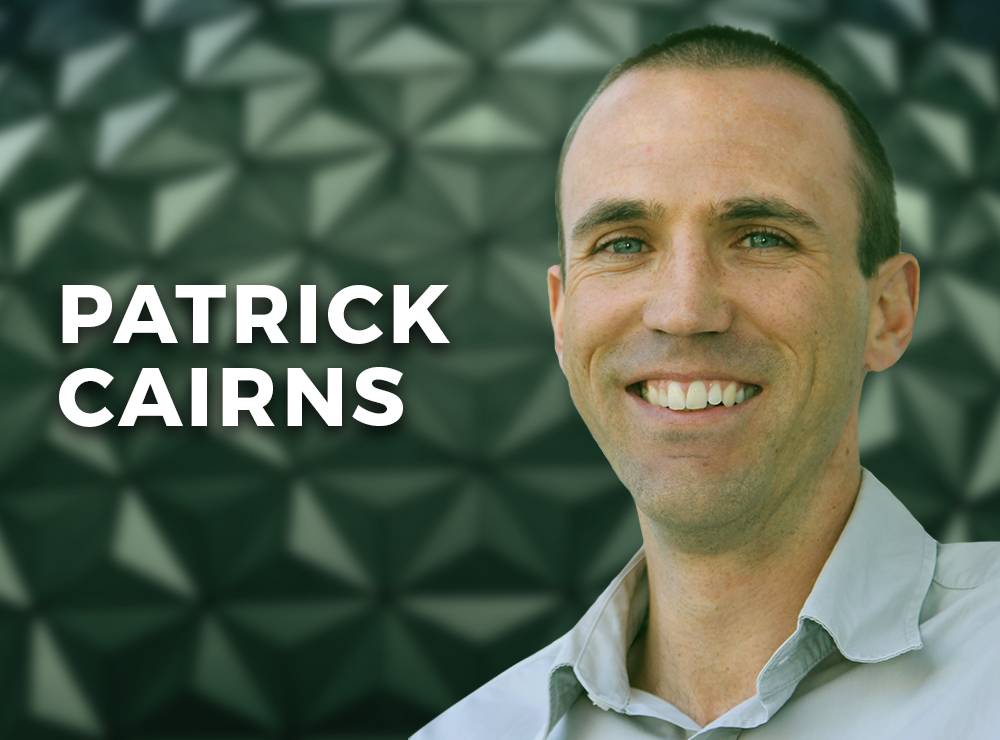
By PATRICK CAIRNS
Investing is not like football. On a football pitch, all of the players are playing the same game. They have the same objectives, and they follow the same rules.
That is not the case in markets.
As Morgan Housel of Collaborative Fund recently pointed out:
“Investors on the same field play different games. We buy the same companies, read the same news, talk to the same people, are quoted the same market prices — but we’re everything from day traders to endowments with century-long time horizons.”
Chasing headlines
In a world of constant news flow, it’s easy to forget this.
For example, when Tesla stock is in the headlines because it has gained 500%, then it’s easy to feel like we should all own some. Or when global stock markets experience a sudden, sharp drop like they did last year, then the natural response is to want to get out until it’s over.
For a day trader, those may be good decisions. However, very few people are playing that particular game on the stock market. And the average investor putting money away to secure their future certainly isn’t.
Long-term investing doesn’t make the news
Unfortunately, the media doesn’t generally concern itself with what is useful to people with investment horizons that are 10, 20 or 30 years away. That’s because what is of interest to this kind of investor isn’t news.
News is what is happening today. But long-term investors aren’t really affected by what is happening in the market right now. Their outcome is determined by what happens over a few decades.
The game they are playing is not dictated by the day-to-day movements of individual stock prices, or even the gains and losses in various market indices in each trading session. Their game is one that is concerned with reaching the right kinds of outcomes by making decisions based on very different criteria.
What’s your handicap?
In this sense, investing is a lot more like social golf.
Imagine two friends playing together. One has a 0 handicap, and the other is playing off a handicap of 30. They are playing on the same course, but their objectives will be very different.
The scratch handicapper has to play to the par of the course. If they are playing a difficult par four, then their objective must be to take only four shots or less to get the ball in the hole.
But the high handicap player will see the same hole very differently. ‘Par’ for them, would be to take six shots on the same hole.
Only take as much risk as you need to
The “information” that the course provides them with will therefore appear very different. The 0 handicap player will have to be more aggressive and try to drive the ball further to give them a chance of reaching the green with their next shot.
But the player with the 30 handicap doesn’t need to take as much risk. He or she can just keep it in the fairway, and get to their objective in a much more steady way.
Unfortunately, it’s easy on the golf course to be influenced what other people are doing. If everyone else reaches for their driver on the tee-box, it’s easy to feel like you should do the same thing, even if you know that all you need is a five iron.
An investing power
In the same way, to invest successfully you need to know what your objective is. If you only need to grow your money at two or three percent above inflation for 30 years, you don’t need to take the risk of chasing short-term performance. You can take a steady, low-cost approach that will give you the best chance of reaching your goals over the long-term.
And, just like golf, you shouldn’t be influenced by the games that other people are playing around you.
As Housel says: “Understanding your game, without being swayed by people playing different games, is a rare investing power.”
One of South Africa’s most respected financial journalists, PATRICK CAIRNS is a trusted commentator on the world of investments and the quirks of behavioural finance. Over more than a decade he has built a reputation for keeping the industry honest, and putting the interests of investors first.
Here are some more articles by Patrick Cairns:
If we’re serious about our health, why do we neglect our financial wellbeing?
Don’t let the stock market distract you
Should Bitcoin be in your portfolio?
PREVIOUSLY ON TEBI
Good stories, poor investments
Why do smart people do dumb things?
What can you do about bubbles and crashes?
Australian investors deserve far better
Be prepared for the next black swan
© The Evidence-Based Investor MMXXI









